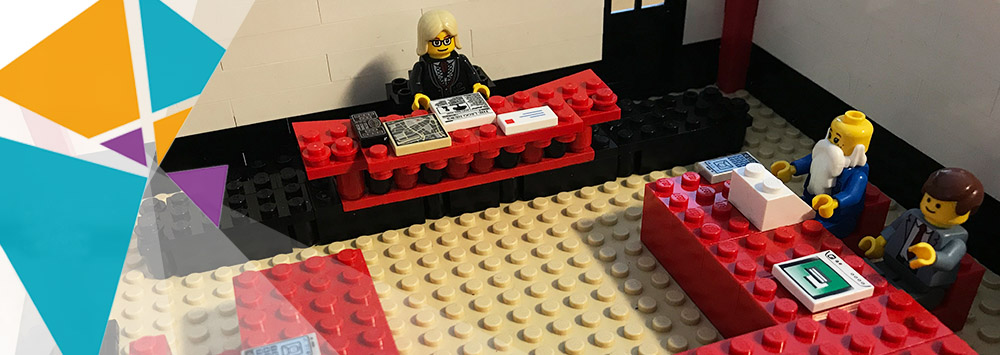The challenge
The invisibility of children in legal proceedings is symptomatic of a widespread lack of awareness and training among legal practitioners about how processes, attitudes and behaviour should be adapted to meet the needs of the children involved.
Lawyers and judges are uniquely positioned to address these concerns, but they also compound children's legal marginalisation in both a procedural and substantive sense: children's rights standards are often absent from representations on behalf of children and from judicial reasoning; children are not generally encouraged to participate directly in court or tribunal proceedings; and judgments are routinely written in a way that is incomprehensible to children. This is perhaps not surprising given that most lawyers and judges receive little or no routine training on children's rights and on how to work with children.
Research action
Our specific aim has been to change lawyers' and judges' perspectives and approaches to representing children in the legal process. We seek to achieve the overarching aim by encouraging lawyers and judges to adopt a children's rights-based approach to casework involving children.
Our underpinning research supports two key approaches:
- Endorsing participatory procedures that are compatible with international obligations relating to 'Child Friendly Justice';
- Bringing children's rights, principles and evidence to bear on substantive legal arguments and decision-making.
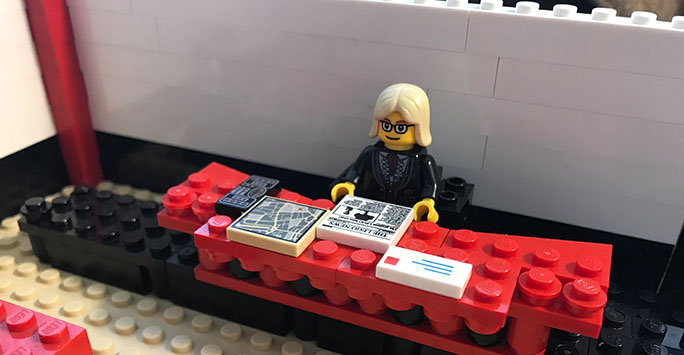
A Lego courtroom was created to help children understand court procedures.
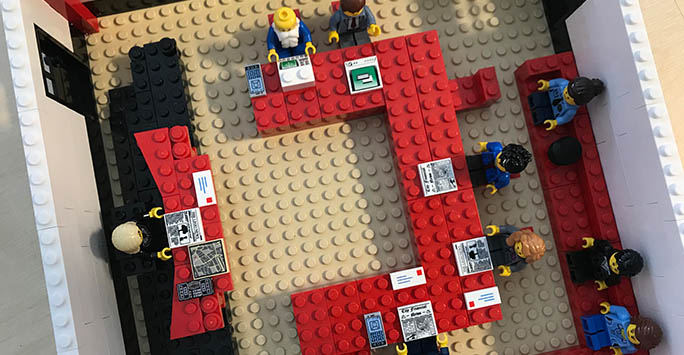
Working in partnerships
We have collaborated with the following external contributors:
- Save the Children, Italy and Romania
- Sam Royston from The Children's Society, London, United Kingdom
- Charlotte Rainer from The Children's Society, London, United Kingdom
- Louise King from Children's Rights Alliance England, London, United Kingdom
- Kamena Dorling from Coram Children's Legal Centre, London, United Kingdom
- Shauneen Lambe from Just for Kids Law, London, United Kingdom
- Kate Aubrey Johnson from Just for Kids Law, London, United Kingdom
- Liam Cairns from Investing in Children, Durham, United Kingdom
Outputs and outcomes
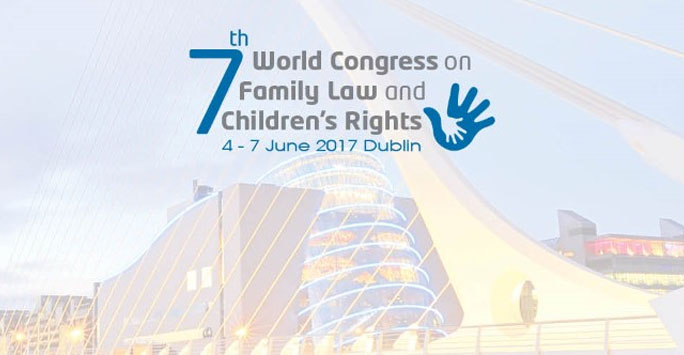
Lady Hale, UK Deputy President of the Supreme Court, used the project to frame her plenary speech at the recent World Congress on Family Law and Children’s Rights in Dublin (June 2017).
This conference was attended by nearly 600 delegates, including judges and practitioners from all over the world. As a result, we have since received invitations to present the work in Canada, New Zealand and Singapore.
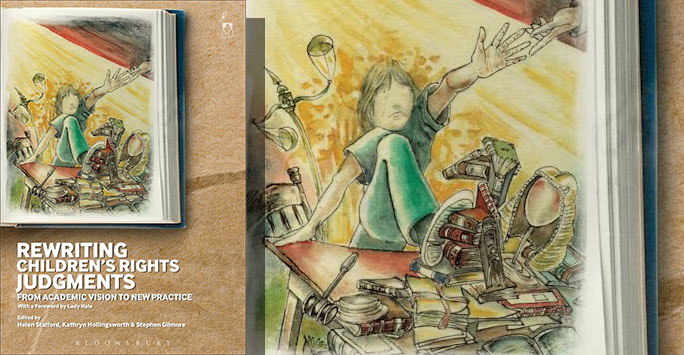
Helen Stalford - Rewriting Children’s Rights Judgments: From Academic Vision to New Practice
Editors: Stalford, H. E., Hollingsworth, Kathryn, Gilmore, Stephen. (Hart, Oxford 02 Nov 2017)
View this book on the publisher's website.
Back to: Liverpool Law School
